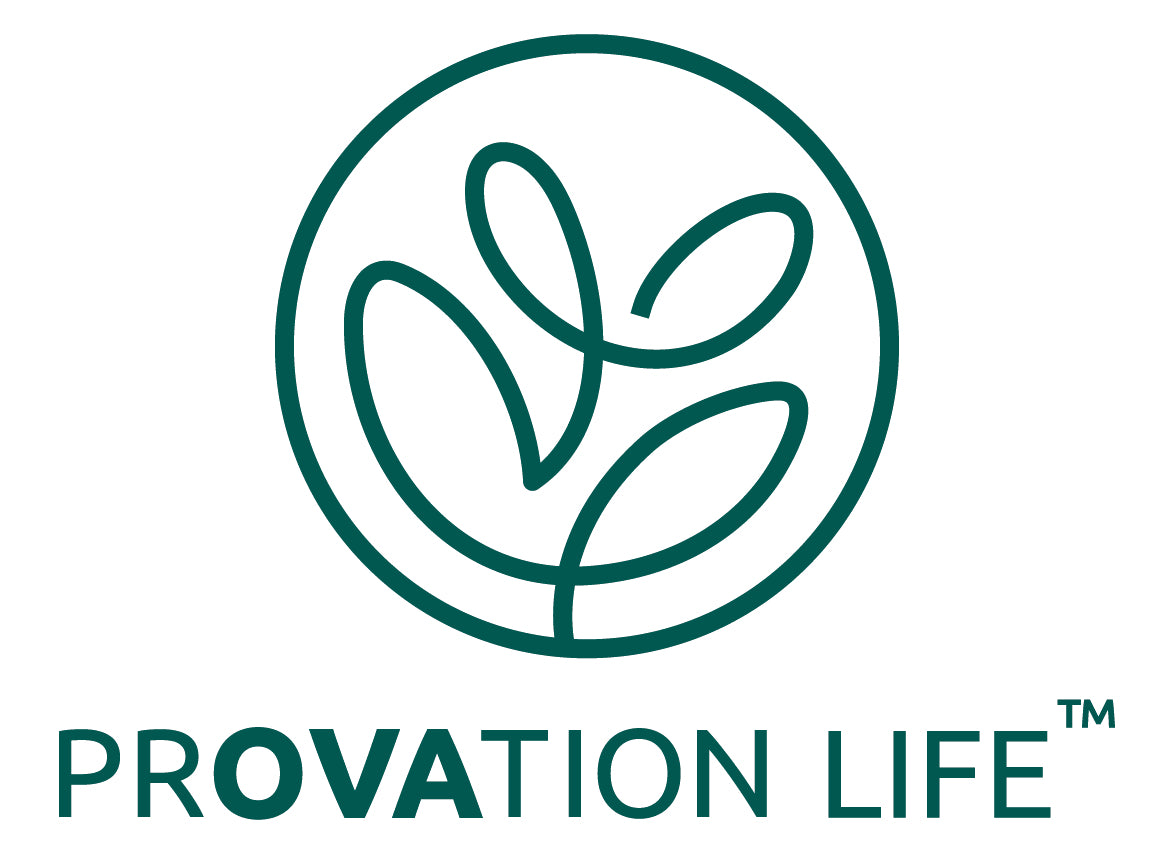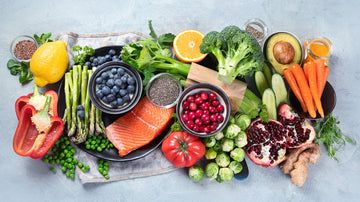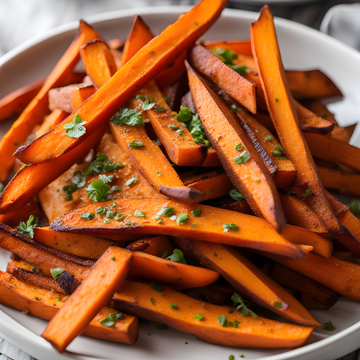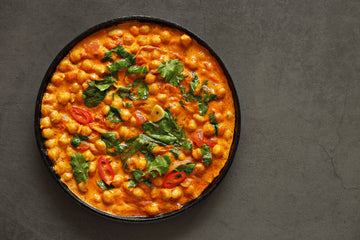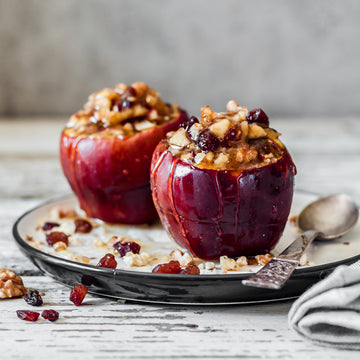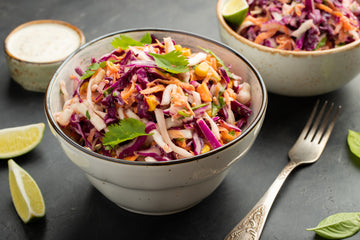I recently came across an article that supports the advice I have been sharing with my patients for years. It’s gratifying to see research finally substantiating these principles. My longstanding guidance to patients has consistently emphasized the importance of mindful eating and the order in which they consume their meals. It never ceases to amaze me that, when dining out, the first items to grace our tables are often bread and drinks, frequently alcoholic beverages. Shukla et al have shown that the carbohydrate last approach is beneficial to improving glycemic excursions and thereby decreasing insulin spikes. This leads to a whole host of positive downstream effects.
When discussing the optimal order of consuming foods within a meal, particularly about insulin resistance and Polycystic Ovary Syndrome (PCOS), it's crucial to integrate findings from current nutrition science. Both insulin resistance and PCOS are metabolic conditions that can be influenced by diet and lifestyle factors. Managing these conditions often involves strategies to improve insulin sensitivity and hormonal balance.
Food Order and Insulin Response
Recent studies suggest that the order in which different types of foods are consumed during a meal can affect postprandial (after meal) blood glucose and insulin levels. Specifically, consuming protein and fiber-rich vegetables before carbohydrates appears to reduce the postprandial glucose and insulin response. This can be particularly beneficial for individuals with insulin resistance or PCOS, as these conditions are characterized by impaired insulin sensitivity.
- Proteins and Vegetables First: Starting a meal with lean proteins (chicken, fish, legumes) and non-starchy vegetables can slow the absorption of carbohydrates consumed later in the meal, leading to a more gradual rise in blood sugar levels.
- Whole Carbohydrates: When consuming carbohydrates, opting for whole, unprocessed options (whole grains, legumes, fruits) can further improve the meal's impact on blood sugar and insulin levels due to higher fiber content.
Impact on PCOS and Insulin Resistance
For individuals with PCOS and insulin resistance, dietary strategies that minimize spikes in insulin and blood sugar levels are essential for managing symptoms and long-term health outcomes.
- Improved Insulin Sensitivity: A diet that emphasizes low glycemic load foods and prioritizes proteins and fibers can enhance insulin sensitivity, an important factor in managing PCOS and insulin resistance.
- Hormonal Balance: Stable insulin levels help in regulating other hormones, including those involved in the menstrual cycle and ovulation, which can be beneficial for women with PCOS.
Current Literature
The scientific literature, including systematic reviews and controlled trials, supports the concept that dietary composition and food order can influence metabolic health. Research indicates that such dietary interventions can improve glycemic control, reduce insulin resistance, and potentially ameliorate symptoms of PCOS, including menstrual irregularity and fertility issues. https://www.ncbi.nlm.nih.gov/pmc/articles/PMC4876745/
https://www.ncbi.nlm.nih.gov/pmc/articles/PMC8643565/
Practical Recommendations
- Meal Structure: Begin meals with vegetables and proteins, followed by whole carbohydrates.
- Food Choices: Emphasize low glycemic index foods, high in fiber, to slow down digestion and absorption of glucose.
- Consistent Eating Patterns: Regular, balanced meals can help maintain stable blood sugar levels, reducing the demand on the body to produce insulin.
- Lifestyle Integration: Combine dietary strategies with physical activity, which independently improves insulin sensitivity and PCOS symptoms.
Conclusion
Adopting a meal structure that prioritizes proteins and vegetables before carbohydrates can be an effective strategy for improving insulin sensitivity and managing PCOS. This approach, supported by current literature, underscores the importance of dietary patterns in metabolic health. For personalized advice, consulting with a healthcare provider or a registered dietitian knowledgeable in PCOS and metabolic health is recommended. Bottom line is that yes it does matter what you eat first.
References
Shukla AP, Andono J, Touhamy SH, Casper A, Iliescu RG, Mauer E, Shan Zhu Y, Ludwig DS, Aronne LJ. Carbohydrate-last meal pattern lowers postprandial glucose and insulin excursions in type 2 diabetes. BMJ Open Diabetes Res Care. 2017 Sep 14;5(1):e000440. doi: 10.1136/bmjdrc-2017-000440. PMID: 28989726; PMCID: PMC5604719.
Shukla AP, Dickison M, Coughlin N, Karan A, Mauer E, Truong W, Casper A, Emiliano AB, Kumar RB, Saunders KH, Igel LI, Aronne LJ. The impact of food order on postprandial glycaemic excursions in prediabetes. Diabetes Obes Metab. 2019 Feb;21(2):377-381. doi: 10.1111/dom.13503. Epub 2018 Sep 10. PMID: 30101510; PMCID: PMC7398578.
Tricò D, Filice E, Trifirò S, Natali A. Manipulating the sequence of food ingestion improves glycemic control in type 2 diabetic patients under free-living conditions. Nutr Diabetes. 2016 Aug 22;6(8):e226. doi: 10.1038/nutd.2016.33. PMID: 27548711; PMCID: PMC5022147.
